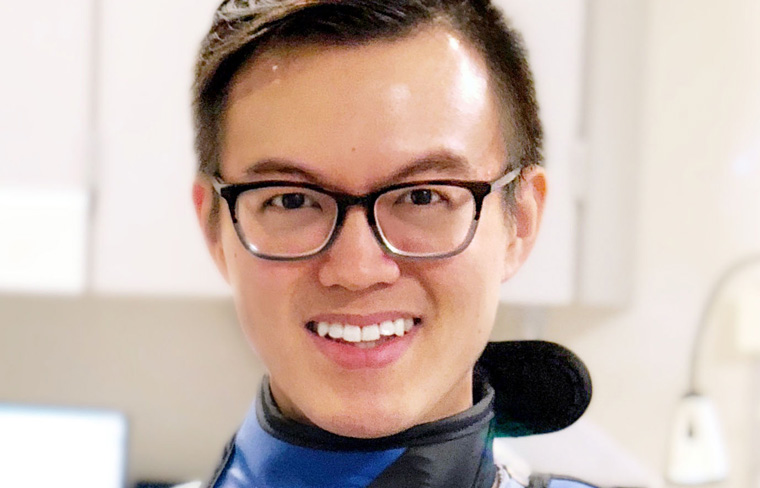
The DDW® Diversity Symposium, Confronting Unconscious Bias and Its Impact on Career Development and Patient Care, will evaluate ways gastroenterologists, hepatologists and surgeons experience unconscious bias in various clinical practice settings. The session will offer strategies for identifying unconscious bias, minimizing its effects on patient care and improving the physician-patient relationship.
Jointly sponsored by the four sponsoring societies and hosted by ASGE, the diversity symposium will begin at 4 p.m. Monday, May 20, and will be followed by a reception at 5 p.m. All DDW attendees are invited to attend both events.
AASLD, AGA, ASGE and SSAT chairs selected the session’s lecture topics:
- “Defining Unconscious Bias and Ways to Identify It”
Sandra Quezada, MD - “Confronting Unconscious Bias and Strategies to Address It”
John M. Carethers, MD, AGAF - “How Unconscious Bias Impacts Patient Care”
Renee Williams, MD, MHPE, FACG - Questions and Facilitated Panel Discussion
Moderator: Dr. Chiang
“The diversity session is important to have yearly because identities change,” said Austin Chiang, MD, MPH, chair of the DDW Diversity Session Planning Group. “Areas of improvement may become more apparent with each year as patient demographics and work environments evolve. This session is timely this year, given highly publicized sociopolitical movements and campaigns focused on gender equity and racially based exclusion.”
Dr. Chiang, assistant professor of medicine at Sidney Kimmel Medical College at Thomas Jefferson University, Philadelphia, PA, said the ASGE Committee on Diversity and Member Outreach wanted to develop a program to help attendees learn about unconscious bias from a career development perspective and also from a patient care perspective.
“While health disparities within GI may be improved with greater diversity among gastroenterology trainees and young faculty, some of these professionals may be concerned about how unconscious bias may be affecting their own opportunities in the workplace,” he said. “Data has shown in the past that minority physicians are more likely to serve underserved communities and populations. Therefore, a better understanding of how unconscious bias impacts patient care and health outcomes could be critical to those practice settings.”
The symposium’s three talks will be followed by a panel discussion, allowing attendees and presenters to share ideas that promote diversity in GI.
The reception following the event celebrates diversity and promotes relationship-building among minorities in GI.
“At the reception, we hope trainees and young faculty can connect with one another and with mentors to gain further insight and exchange ideas about diversity in GI over some great food and drink,” Dr. Chiang said.



